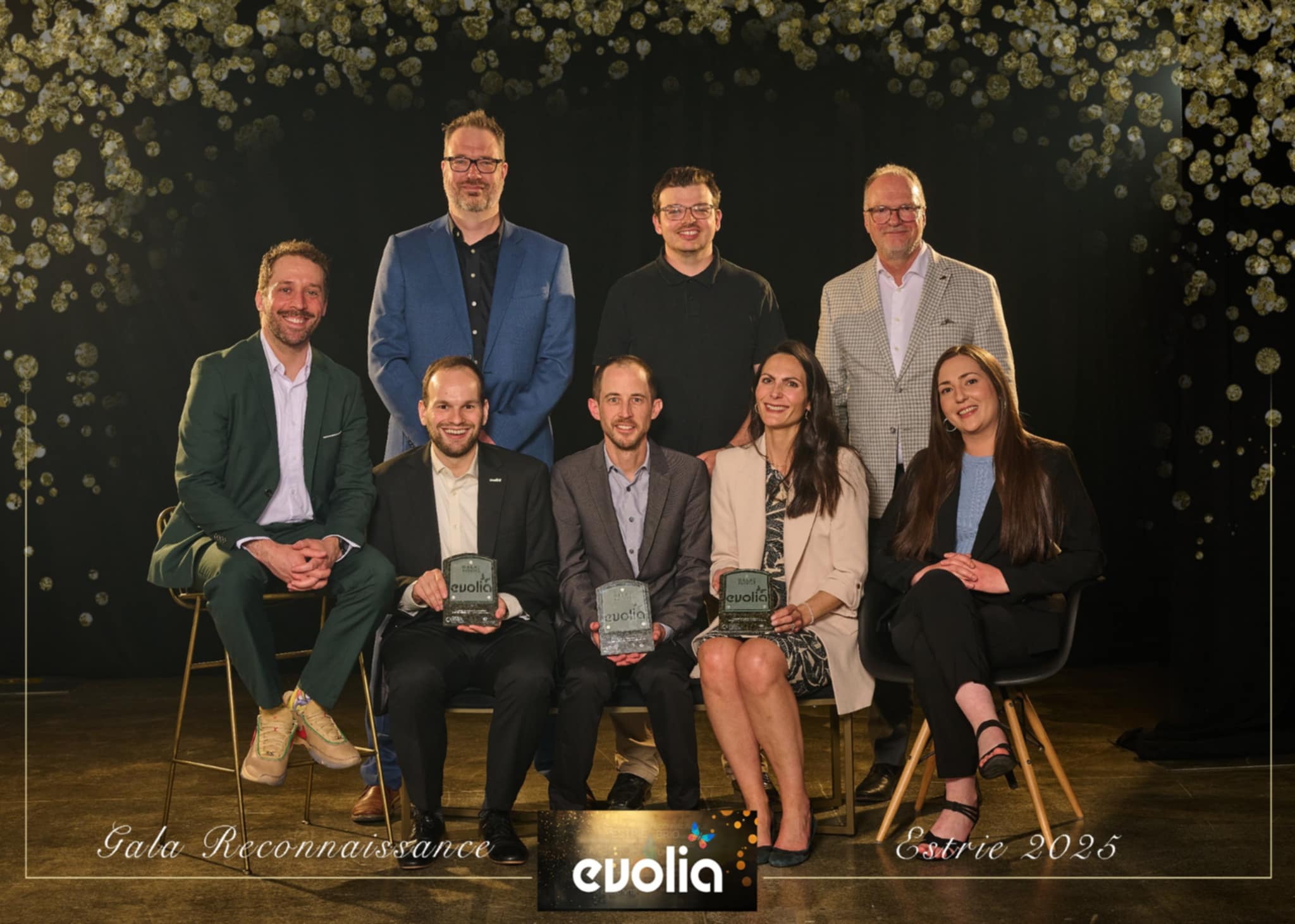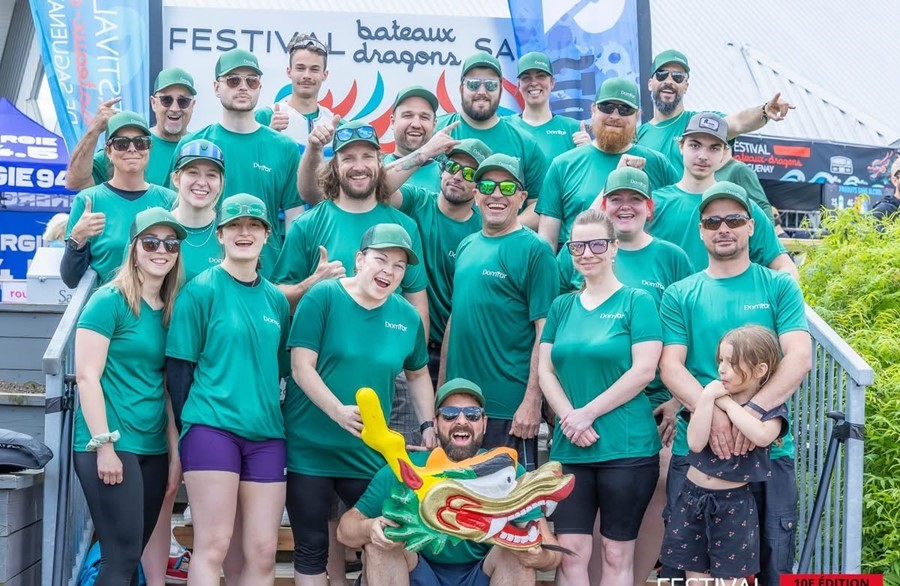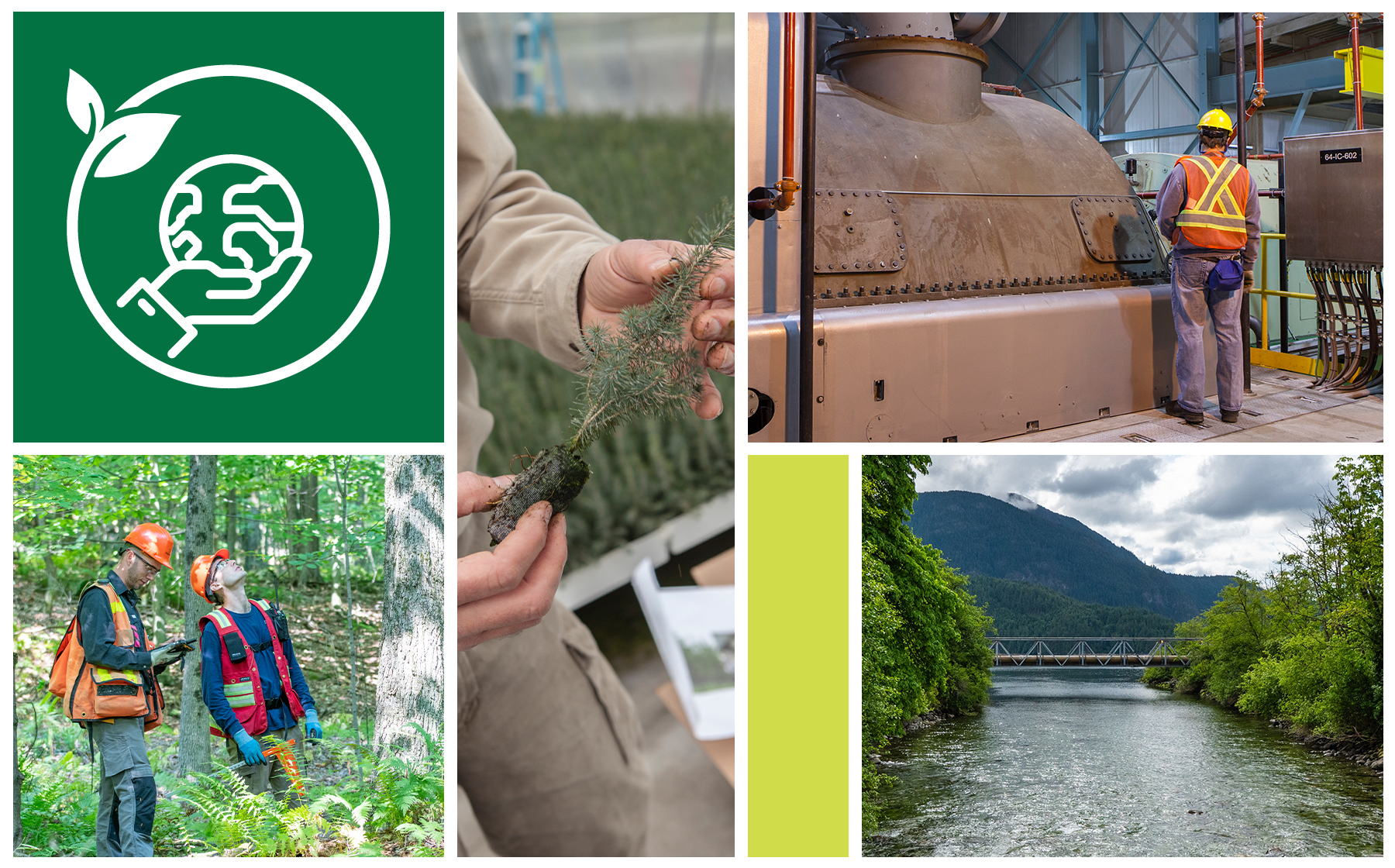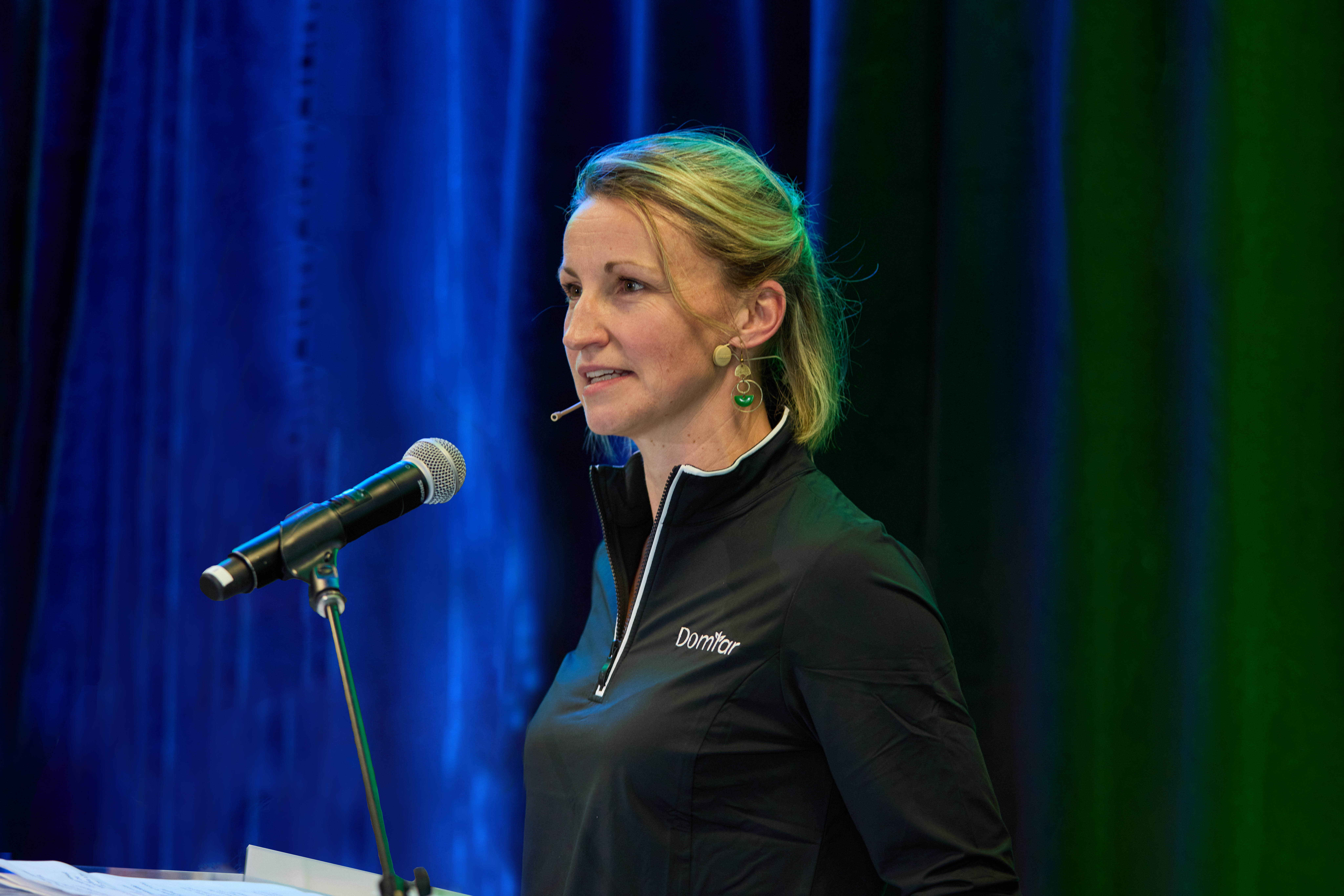Caption: Alton Perry has led the Sustainable Forestry and Land Retention Project since 2013.
Sustainable forestry and land retention are closely linked, especially in the fiber baskets across the southeastern United States where Domtar buys wood from small landowners.
Our company has supported efforts across the region to educate and advocate for land retention among families. This includes the Sustainable Forestry and Land Retention Project in Eastern North Carolina.
The focus of the program is to empower landowners to retain their land, generate income and maintain healthy and productive forests.
Alton Perry has led this work since 2013, following his retirement from the North Carolina Forest Service. He has reached out to landowners to connect them to educational resources, legal services and timber industry professionals.
“Our success is seen in continued partnerships where landowners are empowered to participate in forest management and other conservation activities, as well as policy and advocacy for forestry,” says Perry. “Our success is also seen in landowners realizing multiple economic streams from their property, such as reduced property taxes, hunting leases, agri-tourism or niche agriculture markets.”
Program Helps Landowners Boost Property Value
The land retention project began in 2013 as a partnership between the U.S. Endowment for Forestry and Communities, the Natural Resources Conservation Service and the U.S. Forest Service. It was created with an emphasis on the African-American community because of the large land loss among African Americans over the past century.
While the program retains a focus on the African-American community, the words “African American” were dropped from the program’s official title several years back.
Partnering with The Roanoke Center/Roanoke Cooperative, the program serves all landowners in 13 counties, mostly in northeastern North Carolina. It celebrated its 10th anniversary last year.
Through this land retention initiative, Perry helps families turn their land from a liability into a source of income and pride for future generations.
Sustainable forestry provides a way for landowners to maintain their deep and often ancestral ties with the land, while also gaining financial benefit from their land. Managing their land in a way that increases family income and property value through improved sustainable forest management not only preserves forestland, but also enables land retention among all families.
Industry Partners, Education Play Key Roles in Land Retention
The forest products industry and companies such as Domtar and the Paper Excellence Group are an important part of the network that makes land retention possible and profitable for landowners in the region.
Interests in heirs’ property, landowners rights and the environmental benefits of forests have increased attention on initiatives such as this, Perry says. Challenges remain, however, for access to information and to markets.
“One of the most significant challenges for small landowners, regardless of race or ethnicity, is access to traditional markets due to small acreages,” he says. “It has become difficult for these landowners to get their forest products harvested, even with the assistance of consulting foresters.
“The project encourages landowners to use consulting foresters or other resource professionals when conducting a timber sale. This challenge is realized in other facets of forest management like reforestation, timber stand improvements and the carbon markets.”
Domtar’s Plymouth Mill has been a supporter of the SFLR program in the past several years, offering both financial support and expertise.
Land retention and sustainable forestry are vital to the industry’s future success, too. Perry says education for young generations will help.
The project’s youth program engages teens in grades 9-12 to explore career opportunities in forestry and conservation, where many careers are STEAM related (A is for agriculture).
“One of the focal points of the youth program is the youth summit held each year, where resource professionals — many which are resource professionals of color — interact with youth for a day to share their career experiences with USDA agencies, conservation organizations and forest industry,” he says. “At the summit, youth can meet and talk with colleges, universities and community colleges who offer curriculums in natural resources or related fields. This is a valuable way to ensure forestry and conservation are part of the land retention strategy.”
Learn more about forest champion Alton Perry in this video from Keeping Forests.







